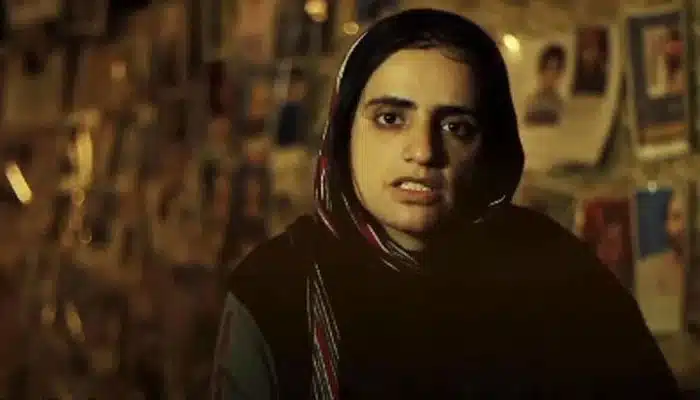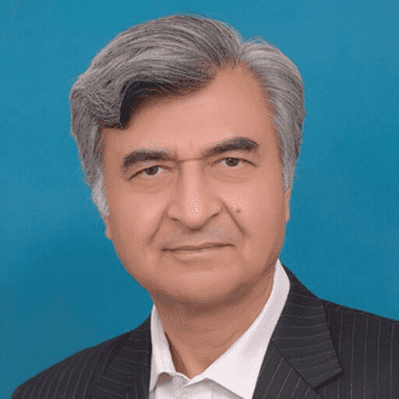On May 10, 2025, the Baloch Yakjehti Committee (BYC) conducted a Twitter Space entitled “Unlawful Detention of BYC Leadership & the Complicity of the Judiciary in Balochistan.” Prominent speakers comprised human rights campaigners including Imaan Mazari, Sammi Deen, Dr. Sabiha, and Nadia Baloch, the sibling of the incarcerated Mahrang Baloch. The discourse sought to illuminate what the participants characterized as the unwarranted apprehension and purported judicial indifference over the confinement of BYC leaders, particularly Mahrang Baloch. This viewpoint necessitates a critical counter-narrative rooted on national security considerations, legal frameworks, and the wider ramifications of such activism in an area afflicted by insurgency and militancy.
The security issues in Balochistan are both tangible and urgent. The province endures a persistent campaign of violence executed by insurgent factions, including the Baloch Liberation Army (BLA) and the Baloch Liberation Front (BLF). These factions, frequently associated with external financing and intelligence operations, aim to undermine Pakistan via violent methods including as bombings, assassinations, and assaults on civilians and state infrastructure. In this context, state security operations are essential measures of authority, crucial for ensuring public safety and national sovereignty. These operations are not driven by political motives but are required for counter-insurgency and law enforcement purposes.
The arrests, including that of Mahrang Baloch and other BYC leaders, were executed in accordance with constitutional principles and established statutes, such as the Anti-Terrorism Act (ATA) and Section 3 of the Maintenance of Public Order (3-MPO). These legislative instruments permit interim detentions to prevent actions considered detrimental to national security. The assertion that these detentions are illegal disregards the legal framework governing state operations and neglects to recognize that due process, although occasionally postponed, is not non-existent. Furthermore, judicial proceedings in Pakistan are executed autonomously. Implying that judges are engaged in human rights crimes without substantial evidence erodes public confidence in institutions and delegitimizes the judiciary.
The account conveyed in the BYC’s Twitter Space indicates that nonviolent activism is being subjected to criminalization. It is essential to differentiate between authentic activism and actions that enable, endorse, or offer a forum for extremist views. The right to freedom of expression excludes hate speech, incitement to violence, and logistical assistance for terrorist organizations. BYC’s connection with anti-state narratives and its silence regarding the death of Punjabi laborers in Balochistan underscore a concerning discrepancy. The organization openly criticizes purported official excesses but frequently keeps notably silent regarding crimes perpetrated by insurgents, such as the slaughter of 22 civilians at Musakhel and the suicide bombing at Lasbela Camp.
There is increasing information and intelligence evaluations indicating that BYC functions as a humanitarian facade for proscribed entities such as the BLA. The group has purportedly engaged in logistical assistance for militants while masquerading as a social activism entity. Movements such as “Raji Mucchi,” in which BYC members significantly participated, are thought to have radicalized youngsters under the guise of protests, subsequently directing them into militant endeavours. This is not simply conjecture but is substantiated by the progression of specific events, such as the shift from peaceful demonstrations to violent assaults planned by BLA operatives who had engaged in earlier protests.
Social media has emerged as a powerful instrument for story construction, and the BYC has adeptly utilized platforms such as Twitter to elicit compassion and attract global attention. It is imperative for both local and foreign observers to scrutinize such narratives critically. The depiction of BYC leaders solely as civic activists neglects the intricate network of affiliations and actions that obscure the distinction between activism and insurgency. Although it is essential to recognize and address human rights concerns through appropriate institutional frameworks such as the National Human Rights Commission and the judiciary, distorting or overstating facts to advance a political agenda is ultimately detrimental.
Moreover, the anti-state misinformation propagated via these channels frequently coincides well with geopolitical agendas aimed at undermining Pakistan. The timing and phrasing of these narratives, especially within a volatile regional context involving India, indicate a deliberate goal behind what seems to be grassroots mobilization. Disinformation tactics utilizing emotional appeals can skew public perception, exacerbate ethnic tensions, and undermine national unity.
Although every person possesses the right to seek justice and responsibility, it is essential that these demands are based on truth and legality. The apprehensions of BYC leaders such as Mahrang Baloch should be analysed in the context of national security, legal rationale, and the overarching socio-political dynamics of Balochistan. All parties, including media, civil society, and international observers, bear the responsibility to ensure that the promotion of human rights does not serve as a facade for radical views or actions that threaten the state. As Pakistan confronts intricate internal and external dangers, a clear distinction between activism and sedition must be established, and legal protections must be maintained for all, activists and citizens alike.








